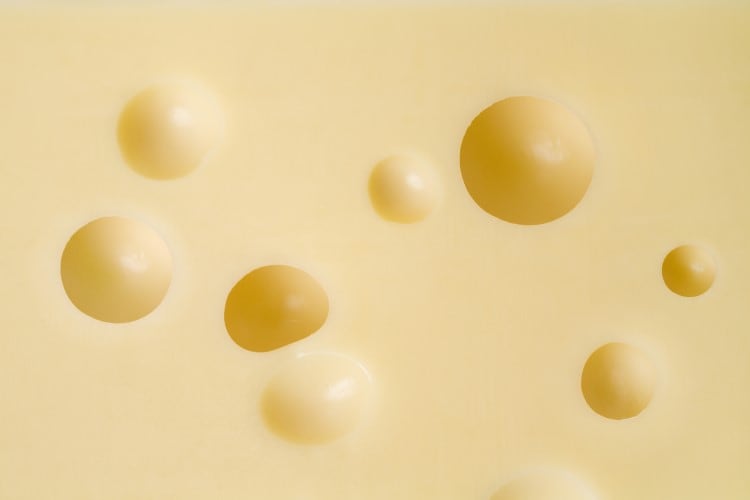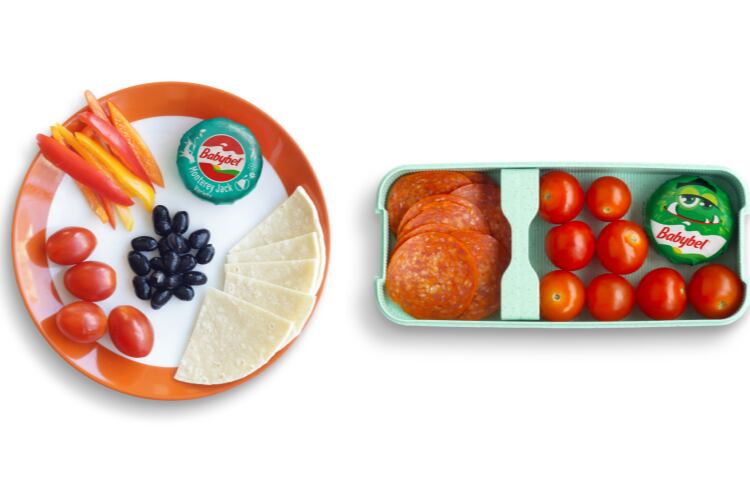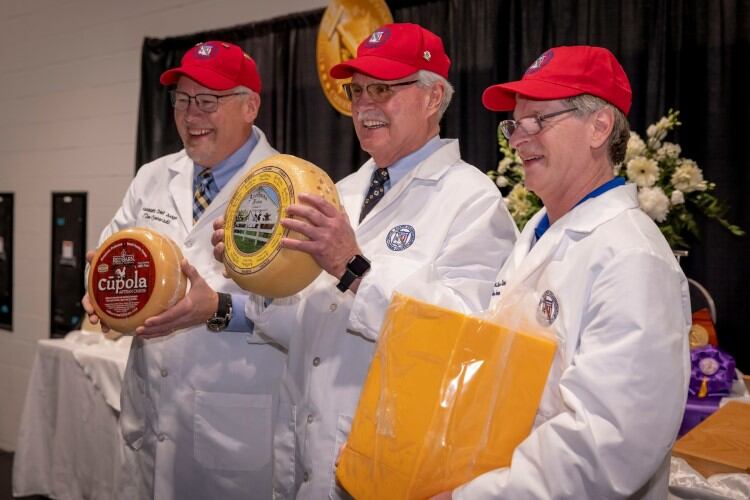Appealing against a previously-upheld decision, Switzerland’s Interprofession du Gruyère (IDG) and France’s Syndicat Interprofessionel du Gruyère (SIG) argued that the word ‘gruyere’ should only be used to label cheese produced in the Gruyére region of Switzerland and France.
The term ‘gruyere’ is protected in Europe under the PDO (protected designation of origin) and the PGI (protected geographical indication) marks, but parallel protections do not exist in the US. Instead, the FDA uses a ‘standard of identity’ that describes the requirements cheesemakers must meet in order to have their cheese labeled as ‘gruyere’. But the standard, which has been in use since 1977, does not impose geographical restrictions, meaning that cheese regardless of its location of production had been sold as ‘gruyere’ in the US for decades .
In a bid to restrict how the term is used by retailers and producers, the European consortiums applied to the US Patent and Trademark Office (USPTO) to register ‘gruyere’ as a certification mark - but their application was met with opposition by the US Dairy Export Council, food importer Atalanta Corporation, and Intercibus Inc., who argued the term was ‘generic and therefore ineligible for such protection’.
The application was denied by the USPTO, and a subsequent appeal in a US district court saw that decision upheld. On March 3, 2023, the US Court of Appeals also ruled that the word ‘gruyere’ was generic stating:
“Like a fine cheese, this case has matured and is ripe for our review. For the reasons to follow, we conclude that the term ‘GRUYERE’ is generic as a matter of law and affirm the decision of the district court.”
A 13-year legal wrangle
The case over how the firm, nutty-flavored cheese should be labeled in the US has roots dating back to 2010, when IDG first applied to register ‘le gruyere’ as a certification mark applicable to cheese made in the Swiss Gruyére region. After the USPTO denied this application, IDG successfully applied to register ‘Le Gruyere Switzerland’ as a certification mark in 2013.
In 2015, IDG and SIG jointly applied with the USPTO, this time to register the word ‘gruyere’ as a certification mark that would ‘certif[y] that the cheese originates in the Gruyère region of Switzerland and France’. The application was opposed by the US Dairy Export Council, food importer Atalanta Corporation, and Intercibus Inc, who argued ‘gryuere’ was a generic term, which consumers identify with a type of cheese, rather than a geographical location. The USPTO’s Trademark Trial and Appeal Board ruled in favor of the US-based organizations.
An appeal at a district court also determined the term was generic, having examined FDA’s standard of identity and USDA import data.
The consortiums filed another appeal, this time with the US Court of Appeals, where chief judge Gregory said “this appeal hinges on whether members of the general public…primarily understand the term ‘GRUYERE’ as referring to a type of cheese, rather than as indicating that the cheese was produced in the Gruyère region of Switzerland and France’.
The judge explained that while some cheeses sold in the US were ‘subject to both an FDA standard of identity and a certification mark’, the existence of an FDA standard of identity was not enough to prove ‘genericness’ on its own.
But in this case, the FDA standard for gruyere ‘does not recognize alternative names for the cheese, suggesting that consumers understand the ‘[g]ruyere cheese’ label as indicating a type of cheese, rather than as indicating that the cheese comes from a particular source’.
The Appeals court criticized the district court for inferring that the majority of imported gruyere-labeled cheese didn’t come from Switzerland and France but was satisfied with evidence filed by the opposers that ‘hundreds of thousands of pounds’ of cheese produced outside of the two European countries was being imported and sold as ‘gruyere’ in the US. “The undisputed evidence thus establishes that a substantial quantity of cheese has been imported to the United States from countries other than Switzerland and France and sold to consumers as gruyere,” the court decision reads.
Summarizing, chief judge Gregory concluded: “In sum, the [c]onsortiums cannot overcome what the record makes clear: cheese consumers in the United States understand ‘gruyere’ to refer to a type of cheese, which renders the term generic. For the foregoing reasons, we affirm the district court’s summary judgment in favor of the [o]pposers.”
DairyReporter has contacted IDG for comment. A representative said the body 'regrets' the decision but does not wish to comment on it 'until it has been analyzed'.
‘Outstanding result’
Krysta Harden, president and CEO of US Dairy Export Council, called the ruling ‘an outstanding result for manufactures and farmers’ in the US.
“We’re grateful that the Appeals Court agreed that nobody owns the exclusive right to use generic terms,” she said. “This sets a terrific precedent for the right to use common food names in the United States. Now we need other countries to likewise stand up for what’s right and defend that use just as strongly.”
Jim Mulhern, president and CEO of the National Milk Producers Federation (NMPF), added: “Today’s announcement represents a significant win for America’s dairy farmers. NMPF rejects blatant European attempts to unjustly limit competition from American companies and will continue to fight alongside our allies to oppose efforts to monopolize common name foods.”




